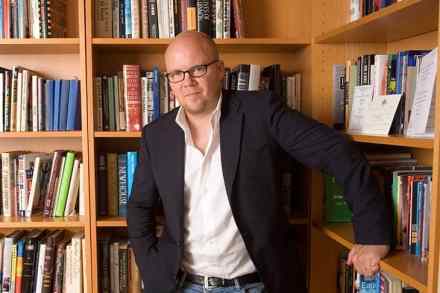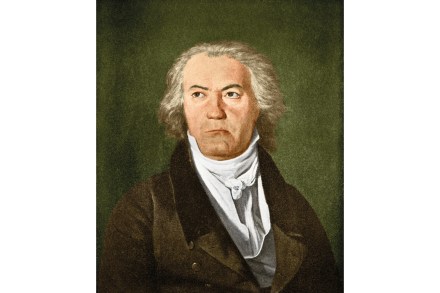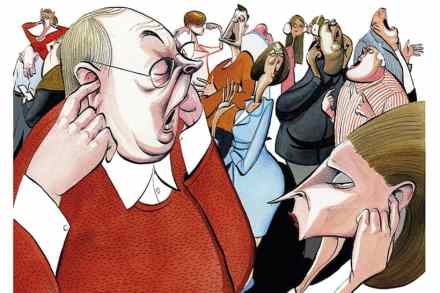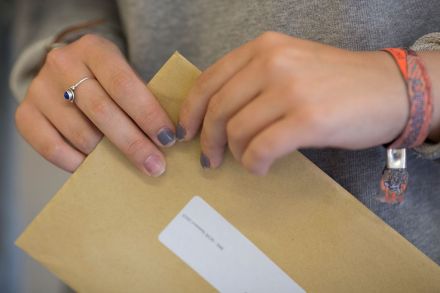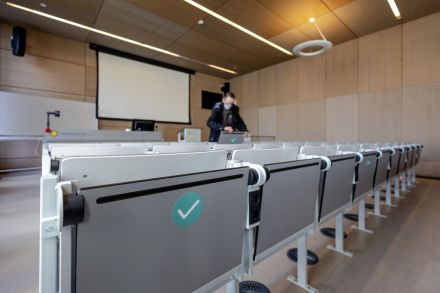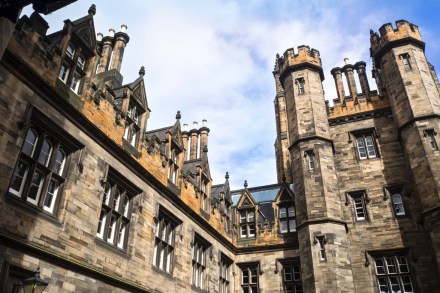Shame should not be heritable
Vice-chancellor Stephen Toope claims it was ‘inevitable’ that a university ‘as long-established as Cambridge’ would have links to slavery. Now that faculties gorge on racial guilt as Cambridge dons once famously feasted on roasted swans, what was really inevitable is that a body christened ‘The Advisory Group on the Legacies of Enslavement’ would find links to slavery. Why, it must have frustrated the authors of the report released last week that their three-year inquiry didn’t manage to dredge up any evidence that the university ever directly owned slaves or plantations. Rather, it’s the money that was tainted; lucre having always passed through dirty hands somewhere along the line, there’s no






